Can “super geek” Jeff Bezos save the planet?
Amazon boss Jeff Bezos, seen by some as the “evil face of capitalism”, is becoming a power beyond the reach of his multi-tentacled company. His next aim is to halt climate change.
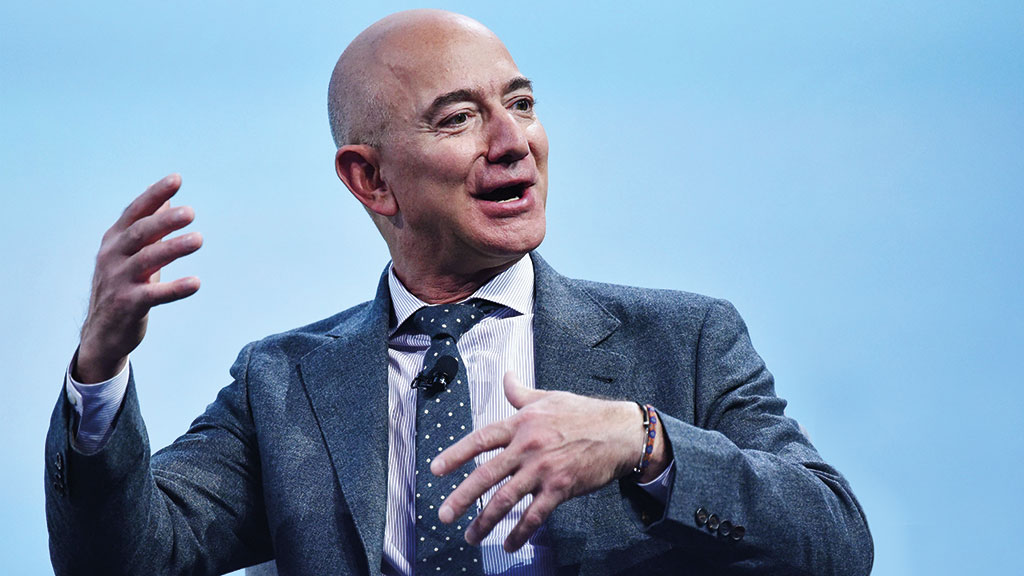
Get the latest financial news, insights and expert analysis from our award-winning MoneyWeek team, to help you understand what really matters when it comes to your finances.
You are now subscribed
Your newsletter sign-up was successful
Want to add more newsletters?

Twice daily
MoneyWeek
Get the latest financial news, insights and expert analysis from our award-winning MoneyWeek team, to help you understand what really matters when it comes to your finances.

Four times a week
Look After My Bills
Sign up to our free money-saving newsletter, filled with the latest news and expert advice to help you find the best tips and deals for managing your bills. Start saving today!
A year ago, Jeff Bezos said he wanted “to help build giant space colonies where up to a trillion humans could live”. For now, his ambitions are more down to earth, says The Times. The world’s richest man has put up $10bn of his personal wealth (about 7.7% of his $130bn fortune) to fight climate change and says he’s confident we can “save the Earth”.
Given the mix of fear, awe and shock that Bezos’s creation, Amazon, has induced across the business world since its launch in 1994, if any individual can achieve that feat one suspects it might be him. Recognised by Fortune four years ago as becoming “a power beyond” his “hydra-headed” company, his life appears to have been in overdrive ever since. Amazon’s all-consuming growth has seen its market value shoot from $260bn in 2016 to more than $1trn today, as the former book and music seller extends its tentacles into new markets ranging from entertainment and cloud services to high-fashion. Bezos, meanwhile, has chalked up the most expensive divorce in history (his ex-wife MacKenzie received shares worth $38.3bn) and fended off allegations of being “the evil face of capitalism” – all the while dicing with some of the most mercurial political leaders on the planet.
The long-running feud between America’s richest person and its president – played out hitherto on Donald Trump’s Twitter account and in the pages of the Bezos-owned Washington Post – hit the courts at the end of last year when Amazon sued the US government over the Pentagon’s decision to award a $10bn military cloud-computing contract to Microsoft instead of Amazon. The company alleges that, motivated by his personal grudge against Bezos, Trump “interfered” with the process, says the Financial Times.
MoneyWeek
Subscribe to MoneyWeek today and get your first six magazine issues absolutely FREE

Sign up to Money Morning
Don't miss the latest investment and personal finances news, market analysis, plus money-saving tips with our free twice-daily newsletter
Don't miss the latest investment and personal finances news, market analysis, plus money-saving tips with our free twice-daily newsletter
Things took a still more sinister turn when it emerged that Bezos’s smartphone “was probably hacked” by the crown prince of Saudi Arabia, Mohammed bin Salman, who taunted Bezos about an extra-marital affair before it became public – in a message arriving shortly after the murder of Saudi dissident and Washington Post columnist, Jamal Khashoggi. The threat, says The Times, was clear.
Many leaps of faith
Bezos attributes a good deal of his “boundless optimism” to his upbringing. He was born in 1964 in Albuquerque, New Mexico – the son of a single teen mother who put herself through night-school, says CNBC. Young Jeff loved sci-fi and working at his grandfather’s Texas ranch – and ended up at Princeton reading computer science before heading to Wall Street in 1986. “The wake-up call”, he later said, was finding a startling statistic that web usage in the spring of 1994 was growing at 2,300% per year. After making a list of the top 20 products he might sell, he decided upon books because they were cheap and in universal demand.
When the Amazon founder first came to public attention, he was considered a “super geek”, noted Fast Company in 2004. Having survived both the dotcom bust and predictions from old-school booksellers that his company was destined to become “Amazon.toast”, Bezos, by then, had already trumped many naysayers. Many saw him as “the ultimate quant jock” – and it is true that he “talks in numbered lists… He likes to enumerate the criteria, in order of importance, for every decision he has made.” But what has always distinguished Bezos is his “leaps of faith”. Clearly, he’s still jumping.
Get the latest financial news, insights and expert analysis from our award-winning MoneyWeek team, to help you understand what really matters when it comes to your finances.
Jane writes profiles for MoneyWeek and is city editor of The Week. A former British Society of Magazine Editors (BSME) editor of the year, she cut her teeth in journalism editing The Daily Telegraph’s Letters page and writing gossip for the London Evening Standard – while contributing to a kaleidoscopic range of business magazines including Personnel Today, Edge, Microscope, Computing, PC Business World, and Business & Finance.
-
 Japanese stocks rise on Takaichi’s snap election landslide
Japanese stocks rise on Takaichi’s snap election landslideJapan’s new prime minister Sanae Takaichi has won a landslide victory in a snap election, prompting optimism that her pro-growth agenda will benefit Japanese stocks
-
 Alphabet 'is planning a 100-year bond': would you back Google for 100 years?
Alphabet 'is planning a 100-year bond': would you back Google for 100 years?Google owner Alphabet is reported to be joining the rare century bond club
-
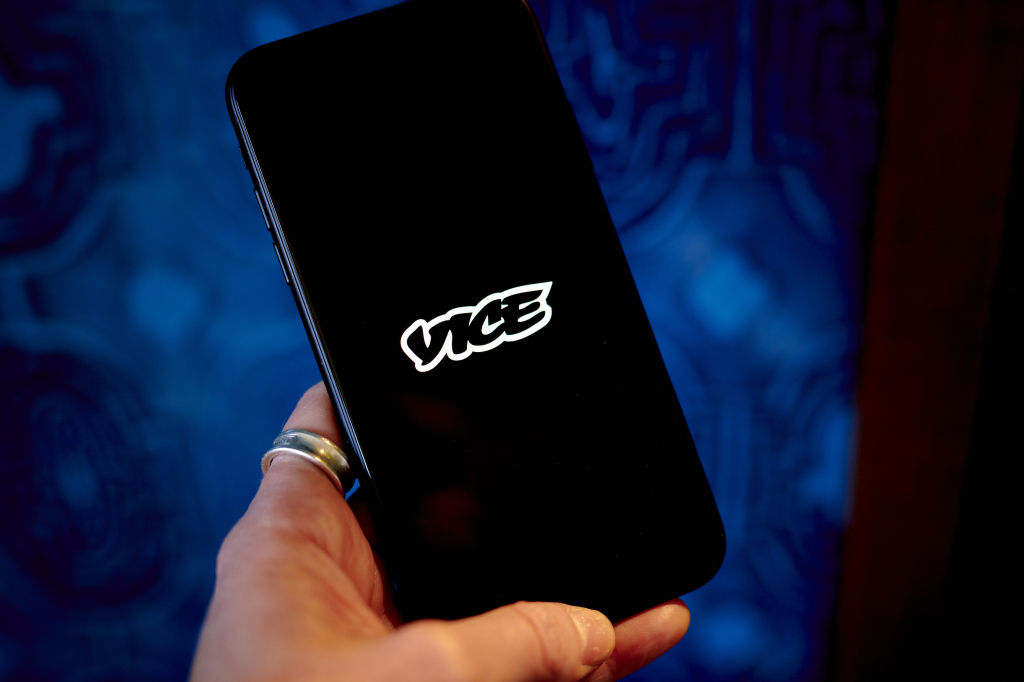 VICE bankruptcy: how did it happen?
VICE bankruptcy: how did it happen?Was the VICE bankruptcy inevitable? We look into how the once multibillion-dollar came crashing down.
-
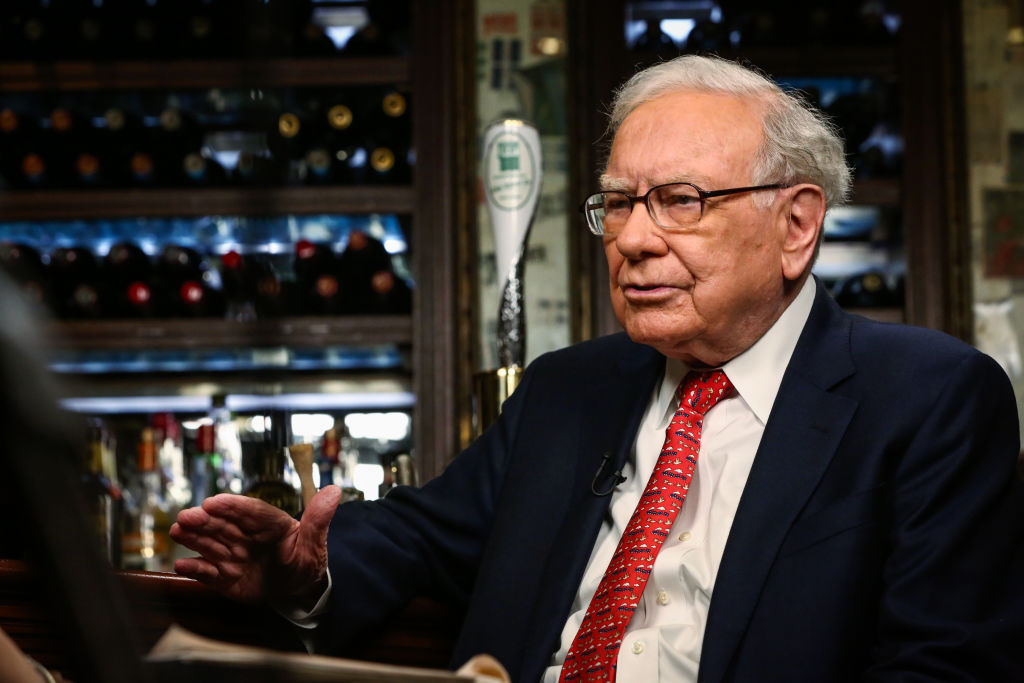 What is Warren Buffett’s net worth?
What is Warren Buffett’s net worth?Warren Buffett, sometimes referred to as the “Oracle of Omaha”, is considered one of the most successful investors of all time. How did he make his billions?
-
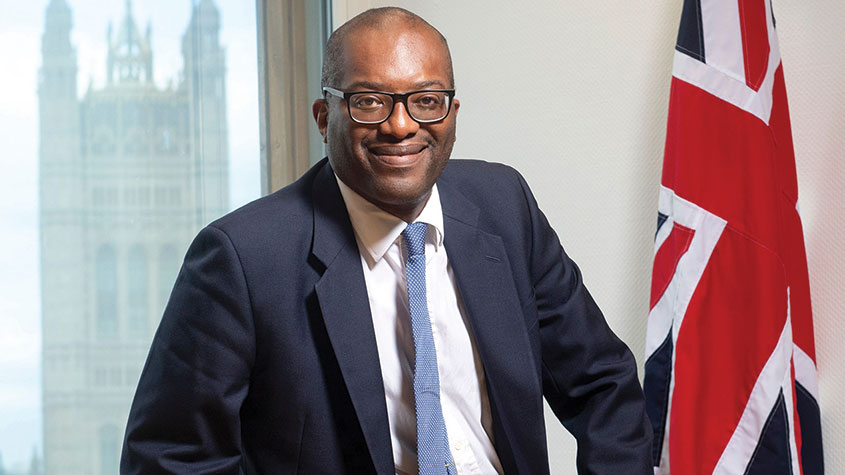 Kwasi Kwarteng: the leading light of the Tory right
Kwasi Kwarteng: the leading light of the Tory rightProfiles Kwasi Kwarteng, who studied 17th-century currency policy for his doctoral thesis, has always had a keen interest in economic crises. Now he is in one of his own making
-
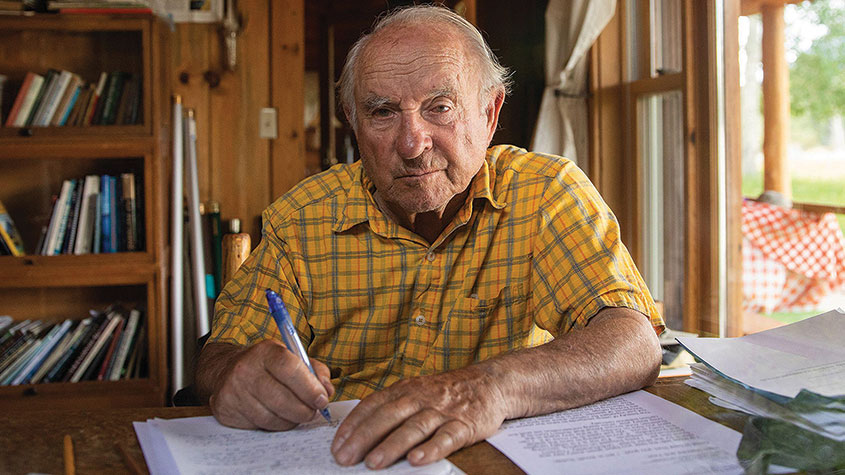 Yvon Chouinard: The billionaire “dirtbag” who's giving it all away
Yvon Chouinard: The billionaire “dirtbag” who's giving it all awayProfiles Outdoor-equipment retailer Yvon Chouinard is the latest in a line of rich benefactors to shun personal aggrandisement in favour of worthy causes.
-
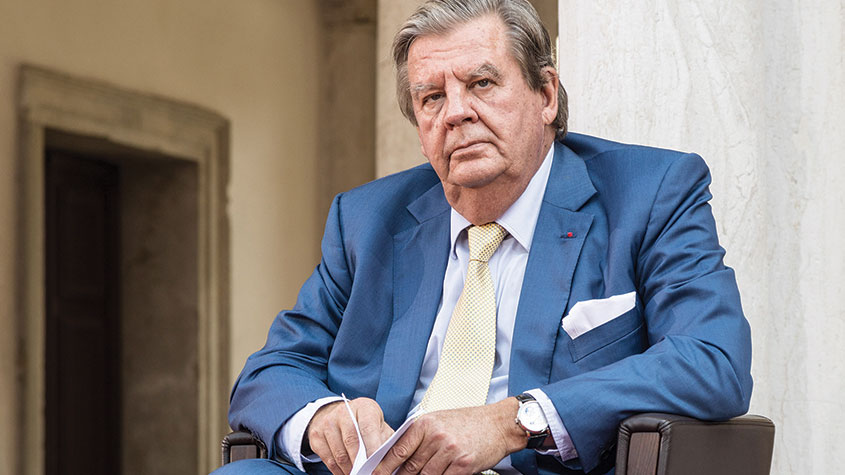 Johann Rupert: the Warren Buffett of luxury goods
Johann Rupert: the Warren Buffett of luxury goodsProfiles Johann Rupert, the presiding boss of Swiss luxury group Richemont, has seen off a challenge to his authority by a hedge fund. But his trials are not over yet.
-
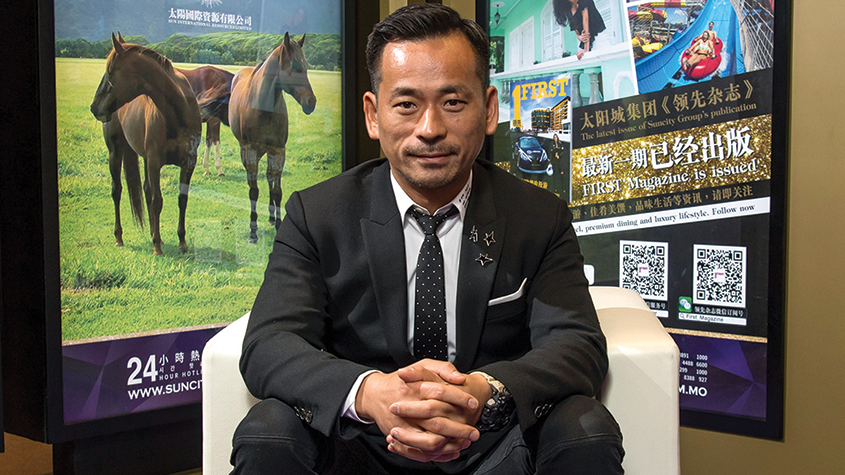 Profile: the fall of Alvin Chau, Macau’s junket king
Profile: the fall of Alvin Chau, Macau’s junket kingProfiles Alvin Chau made a fortune catering for Chinese gamblers as the authorities turned a blind eye. Now he’s on trial for illegal cross-border gambling, fraud and money laundering.
-
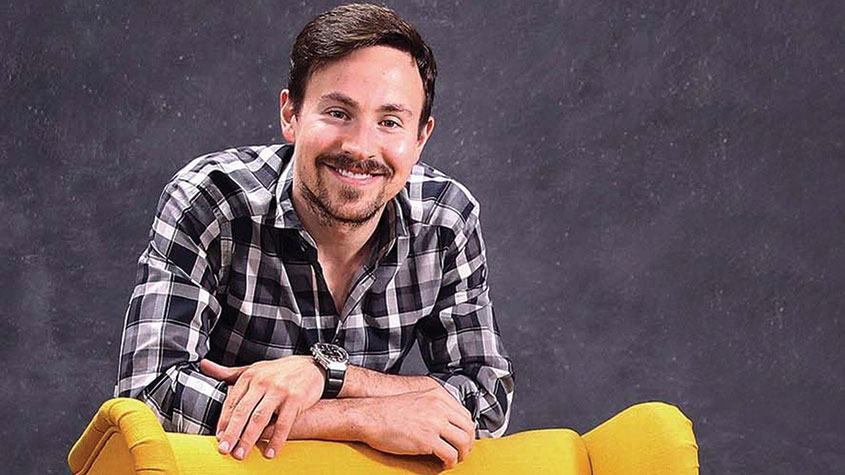 Ryan Cohen: the “meme king” who sparked a frenzy
Ryan Cohen: the “meme king” who sparked a frenzyProfiles Ryan Cohen was credited with saving a clapped-out videogames retailer with little more than a knack for whipping up a social-media storm. But his latest intervention has backfired.
-
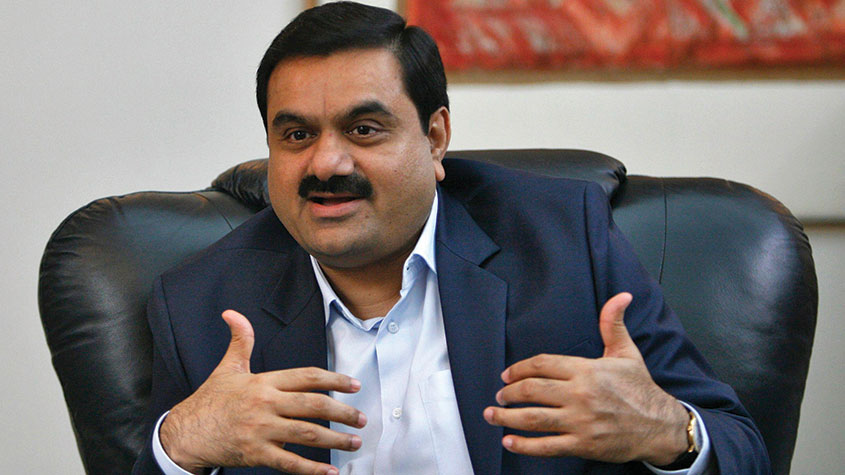 The rise of Gautam Adani, Asia’s richest man
The rise of Gautam Adani, Asia’s richest manProfiles India’s Gautam Adani started working life as an exporter and hit the big time when he moved into infrastructure. Political connections have been useful – but are a double-edged sword.